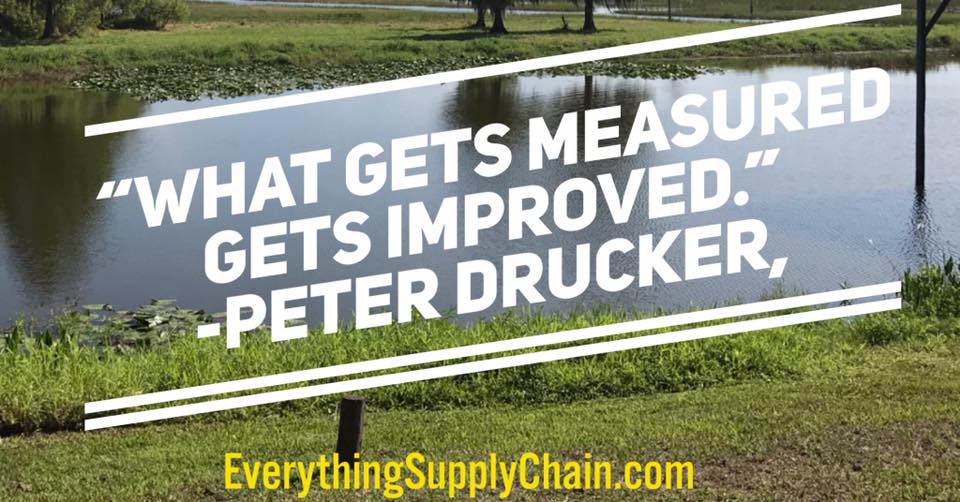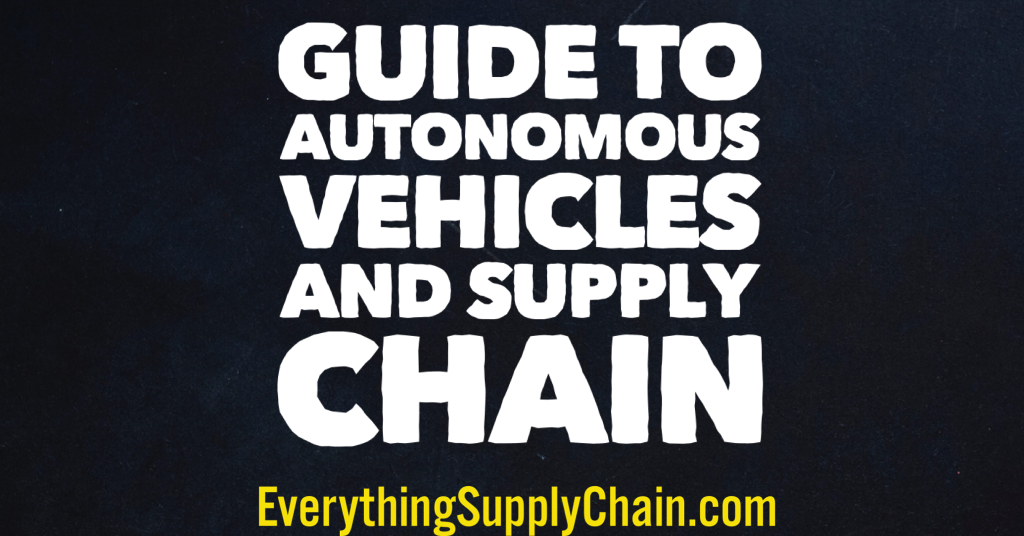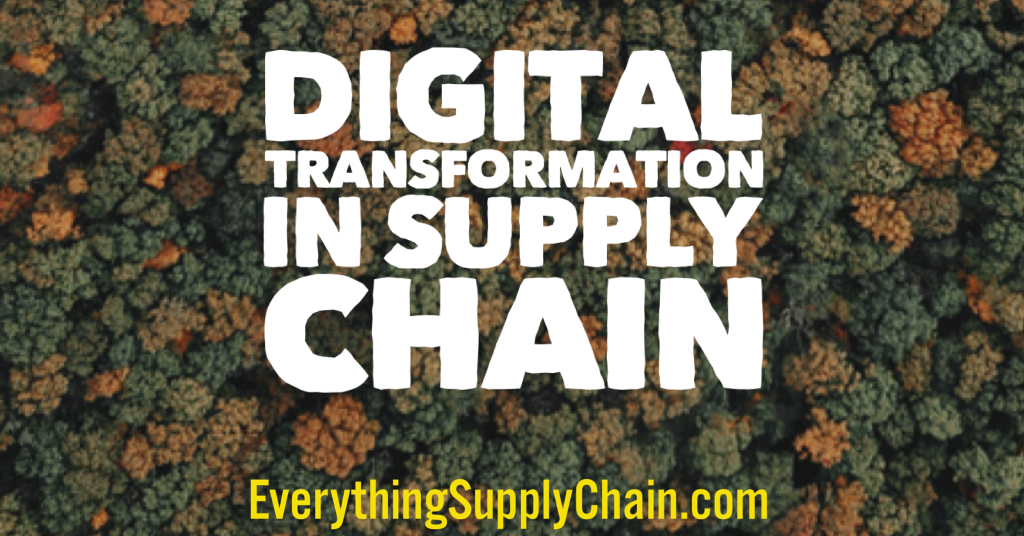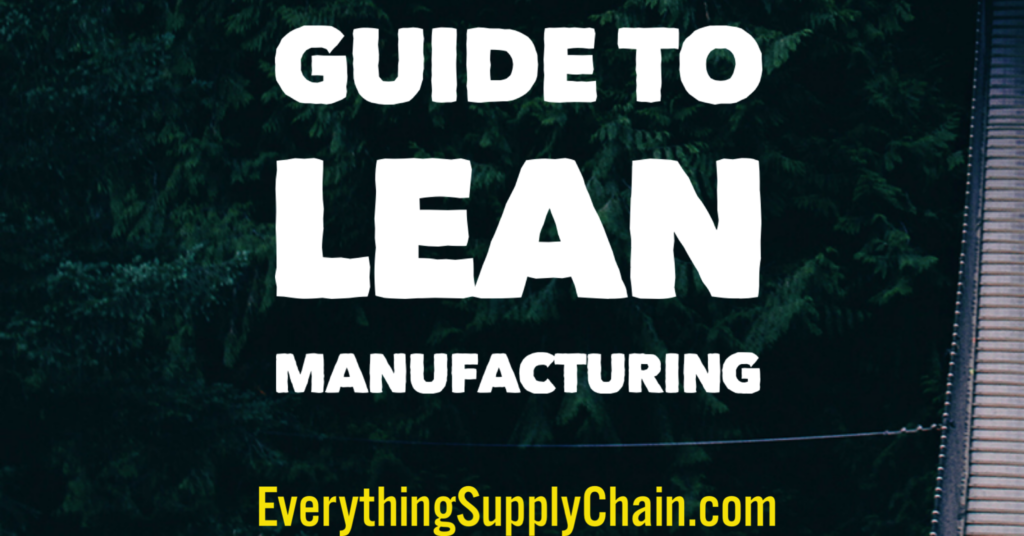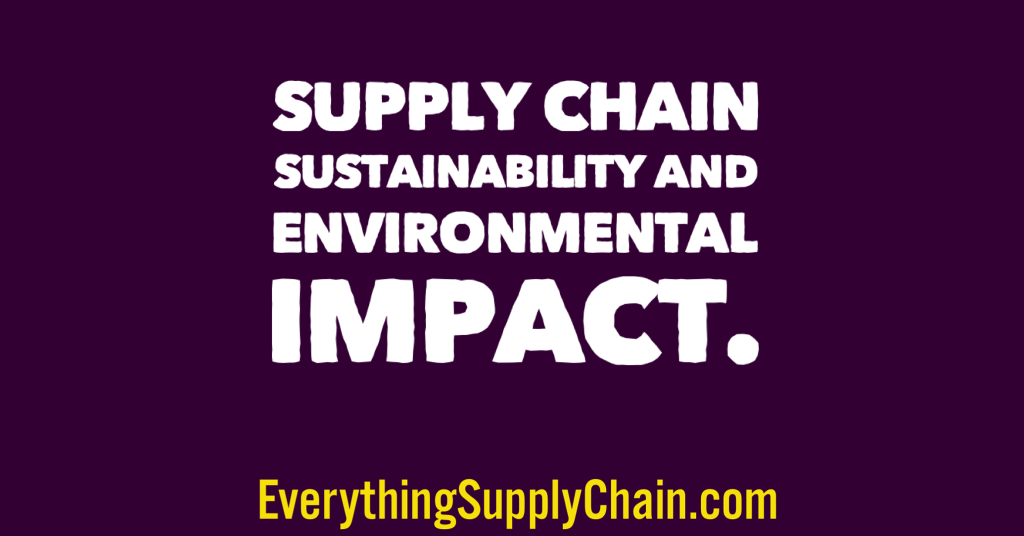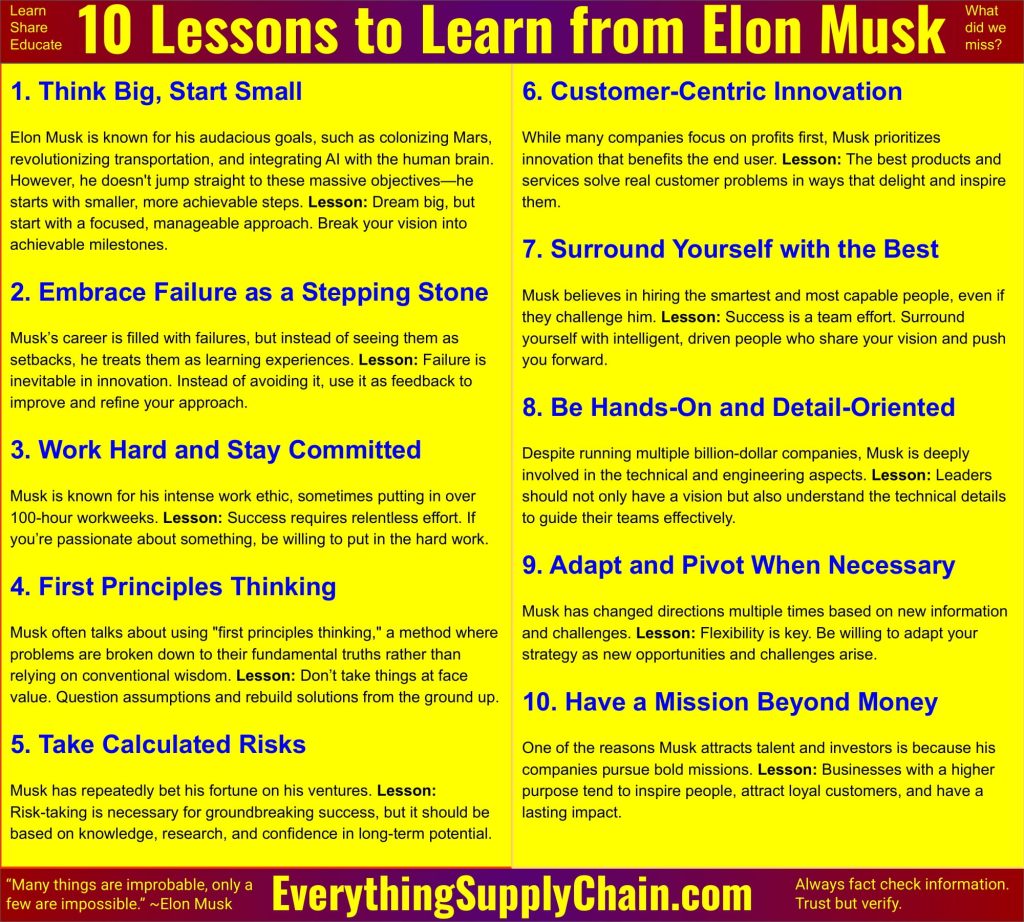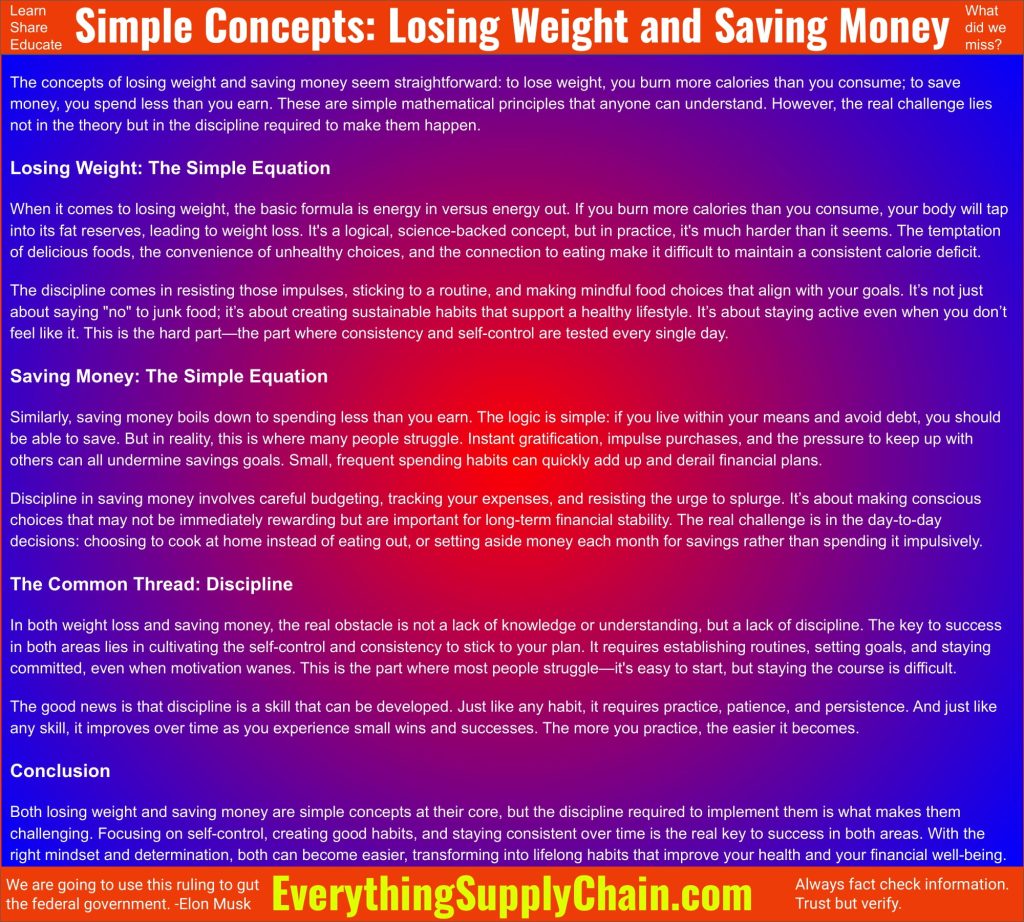What does the Trump victory mean for the electric vehicle industry?
Trumps victory has numerous implications for the electric vehicle (EV) industry and the battery supply chain, based on his previous policies and positions on energy, manufacturing, and international trade. Here’s a breakdown of what that might mean:
1. Energy and Environmental Policies
Donald Trump has historically been skeptical of stringent environmental regulations, including those aimed at curbing carbon emissions and supporting renewable energy initiatives. Here’s how that could impact the EV and battery supply chain:
- Weaker Emission Standards: Trump has pushed to roll back environmental regulations like fuel economy standards for cars. If he returns to office, there may be a relaxation or reduction of requirements for automakers to produce more fuel-efficient and zero-emission vehicles, which could slow the adoption of EVs in favor of traditional internal combustion engine vehicles (ICEVs).
- Less Government Support for Clean Energy: Trump’s administration previously slashed funding for renewable energy initiatives, including research into advanced batteries. While electric vehicles might still see growth due to market demand, reduced governmental incentives or support for clean energy technologies could slow innovation and investment in areas like solid-state batteries or battery recycling.
- Focus on Fossil Fuels: Under Trump, the U.S. has pursued energy dominance through fossil fuels (e.g., oil, gas, coal). A return to such policies could undermine long-term investments in renewable energy, which are critical for driving the clean energy transition that underpins the growth of EVs. If the grid remains reliant on coal or natural gas, EVs’ environmental benefits could be partially negated.
2. Battery Supply Chain: Mining and Manufacturing
A Trump administration might prioritize policies that impact the mining sector and manufacturing in ways that could help or hinder the EV battery supply chain:
- Domestic Mining of Critical Minerals: Trump has expressed support for expanding domestic mining of key materials needed for EV batteries, like lithium, cobalt, nickel, and graphite. His administration may attempt to expedite the permitting process for mines in the U.S., aiming to reduce reliance on foreign suppliers like China and countries in Africa. This could increase the availability of critical materials and strengthen the domestic supply chain, reducing the risks associated with supply chain disruptions.
- Trade and Tariffs on China: Trump has shown a preference for protectionist trade policies (e.g., tariffs on Chinese goods). If he reinstates or escalates tariffs on Chinese-made components, including battery materials or finished products, this could increase the cost of EV batteries and EVs in the U.S. While this might incentivize domestic production, it could also disrupt international trade and make EVs more expensive for consumers. At the same time, U.S. companies might benefit from a “Buy American” push for battery manufacturing.
- Reshoring Manufacturing Jobs: Trump previously championed reshoring manufacturing jobs to the U.S. The EV and battery industries are critical to the next generation of U.S. manufacturing, and a renewed focus on bringing production to the U.S. could spur growth in battery cell production and EV assembly plants. However, this would require significant investment in infrastructure, workforce development, and technology — areas where public-private partnerships could play a role.
3. Electric Vehicle Incentives
Trump has consistently favored reducing or eliminating subsidies and incentives for clean energy. If he returns to power, here’s what could happen:
- Cutting EV Tax Credits: One of the key tools for encouraging EV adoption has been federal tax incentives, like the $7,500 tax credit for electric vehicles. Trump has supported eliminating or reducing these credits in the past, which could make EVs less affordable for the average consumer. However, even without federal incentives, the long-term cost of EVs (especially with falling battery prices) could continue to make them competitive with traditional vehicles.
- State-Level Initiatives: While Trump may not push for federal EV incentives, many states (like California) have aggressive EV adoption goals. State-level programs, along with growing consumer demand, could continue to drive the market forward, even if federal policies slow the transition.
4. Infrastructure Development
The EV charging infrastructure is a critical component for the mass adoption of electric vehicles. Here’s how Trump’s policies might affect infrastructure:
- Less Investment in EV Charging: Under Trump’s previous administration, there was little focus on expanding EV charging infrastructure. If he were to return to office, there might be less investment in a national network of fast chargers, potentially slowing EV adoption in rural and less-developed areas. While some states or private companies could fill the gap, a lack of federal support would create challenges.
- Privatized Solutions: On the flip side, Trump has expressed support for private sector solutions over government intervention. There might be a stronger push for companies to take the lead in building out EV charging stations, potentially accelerating growth in some regions if private businesses invest in the infrastructure.
5. Global Trade and Geopolitics
A major factor in the EV battery supply chain is global trade and the geopolitical environment, particularly with China, the largest producer of EV batteries and critical materials.
- Tension with China: Trump’s trade war with China, characterized by tariffs on Chinese goods, could have lasting effects on the EV industry. If he continues or intensifies trade conflict, it could result in higher costs for batteries and EVs due to tariffs on imports from China, disrupting the supply chain for raw materials like lithium and cobalt. At the same time, it might push American companies to diversify their supply chains or invest in more domestic production.
- U.S. Tech Leadership: A key focus of Trump’s administration was maintaining U.S. dominance in emerging technologies, including 5G, AI, and semiconductors. It’s possible that under Trump, the U.S. could emphasize leadership in battery technology development, which could drive innovation in EV batteries, as well as in autonomous vehicles and connected EVs.
6. Consumer Demand and Market Dynamics
Despite policy changes, the fundamental forces driving EV adoption could still play out in ways that transcend presidential administrations:
- Falling Battery Costs: The price of EV batteries has dropped significantly over the past decade, and this trend is likely to continue, regardless of the political climate. As battery prices fall, EVs become more affordable, making them more attractive to consumers even if federal incentives are reduced.
- Automaker Commitments to EVs: Many automakers have already committed to producing EVs in large quantities over the next decade. This trend is likely to continue, driven by consumer demand and global regulations, especially in Europe and China. If the U.S. market slows, manufacturers may shift focus to international markets that have stronger emissions standards.
Conclusion: Trump’s Impact on EVs and Battery Supply Chain
- Short-Term Effects: If Trump wins, expect a slowdown in federal support for EV adoption, including cuts to EV incentives and possibly more relaxed emissions standards. Tariffs or trade tensions could affect battery costs and the availability of raw materials, but it could also accelerate domestic mining and manufacturing efforts in the U.S.
- Long-Term Effects: The EV revolution is likely to continue regardless of the political environment, driven by technological advancements, changing consumer preferences, and international commitments to climate goals. However, Trump’s policies could shift the pace and direction of that transition, potentially prioritizing energy independence, manufacturing jobs, and lower-cost EVs, but possibly at the expense of broader environmental and climate goals.
Ultimately, the EV and battery supply chain will continue to evolve, but the specifics of federal policy could shape the speed and extent of that transformation.
Electric and Autonomous Vehicles Quotes
- “The key with autonomous is the whole ecosystem. One of the keys to having a truly fully autonomous is vehicles talking to each other.” ~Mary Barra, GM CEO.
- “People are so bad at driving cars that computers don’t have to be that good to be much better. Any time you stand in line at the D.M.V. and look around, you’re like, Oh, my God, I wish all these people were replaced by computer drivers.” ~Marc Andreessen
- “Take the self-driving car and the smartphone and put those together and think about how to manage a smart grid because suddenly you have all of this data coming from those two mechanisms that allow for a much higher level of allocating energy much more efficiently.” ~Jonathon Keats
- “The best supply chain companies are always evolving.” ~SupplyChainToday.com
- “You could power the entire United States with about 150 to 200 square kilometers of solar panels, the entire United States. Take a corner of Utah… there’s not much going on there, I’ve been there. There’s not even radio stations.” ~Elon Musk
- “If supply chain had an arch enemy it would be called “Bad Communication.” ~Dave Waters
Supply Chain and EV Resources
- Deming’s 14 Points on Total Quality Management – TQM.
- End To End SCM Process
- How do Electric Cars Work? Parts & Functions.
- Quotes and Training about Self-Driving Cars.
- SCM Resources by Topic & Supplier.
- SCM Collaboration Resources on Social Media.
- Supply Chain and Strategy Key Concepts.
- Supply Chain Today.
- How the Tesla Model S is Made.
- What happens to used Electric Car Batteries?
- 10 Ways Autonomous Vehicles Improve Logistics.
